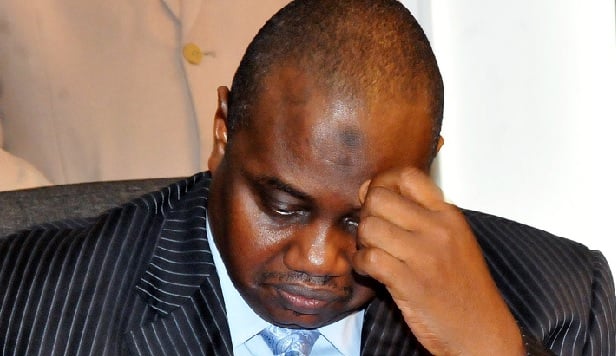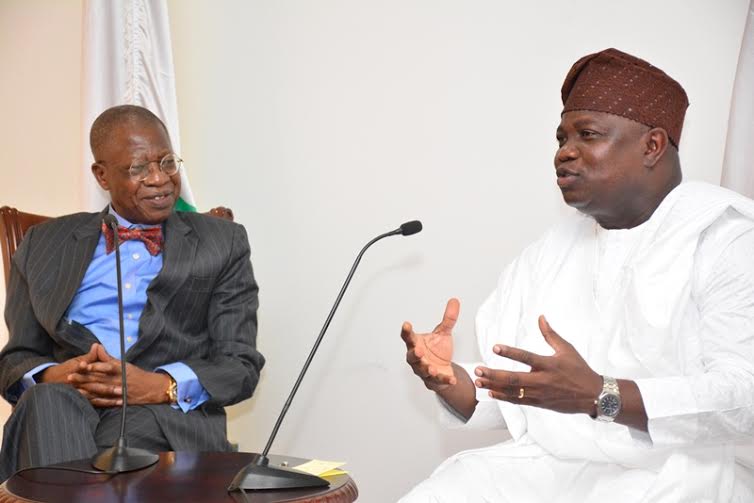A high court in Abuja has fixed March 1 for ruling in a fundamental human rights suit filed by Ojogbane Adegbe, an Aide de Camp (ADC) to former President Goodluck Jonathan.
Adegbe is challenging his arrest and continued detention by the Economic and Financial Crimes Commission (EFCC).
Yusuf Halilu, the judge, fixed the date after hearing the arguments of the parties in the suit.
Adegbe dragged the EFCC to court to challenge his arrest and continued detention by the anti-graft body since February 11.
At the resumed hearing of the case, Ogwu Onoja, counsel to the plaintiff, told the court that Adegbe filed the application pursuant to the provisions of the law and the rules of the court.
Advertisement
Onoja urged the court to declare that his client’s arrest and continued detention by EFCC since is unconstitutional and violated his right to personal liberty guaranteed by the 1999 Constitution.
He prayed the court to make an order directing EFCC to immediately release the applicant from unlawful detention.
Onoja submitted that the arrest and detention of Adegbe by EFCC violated his right to personal liberty and freedom of movement guaranteed by Section 35 and 41 of the 1999 Constitution.
Advertisement
The applicant’s counsel contended that EFCC’s action violated Articles 5, 6 and 12 of the African Charter on Human and Peoples’ Rights.
He also asked the court to make an order mandating EFCC to release the plaintiff on bail pending hearing of his case at the competent court of jurisdiction.
Onoja argued that there was no material evidence placed before the court to show that the plaintiff was detained on the directive of the Nigerian Army as claimed by the EFCC.
Opposing the application, Musu Benda, the EFCC Counsel, informed the court that the respondent filed a counter affidavit challenging the plaintiff`s motion.
Advertisement
Benda contended that Adegbe was not detained by the EFCC, adding that the ex-ADC was undergoing questioning and was kept on the directive of the Nigerian Army.
The EFCC counsel, therefore, urged the court to dismiss the application for lack of merit.
Add a comment





